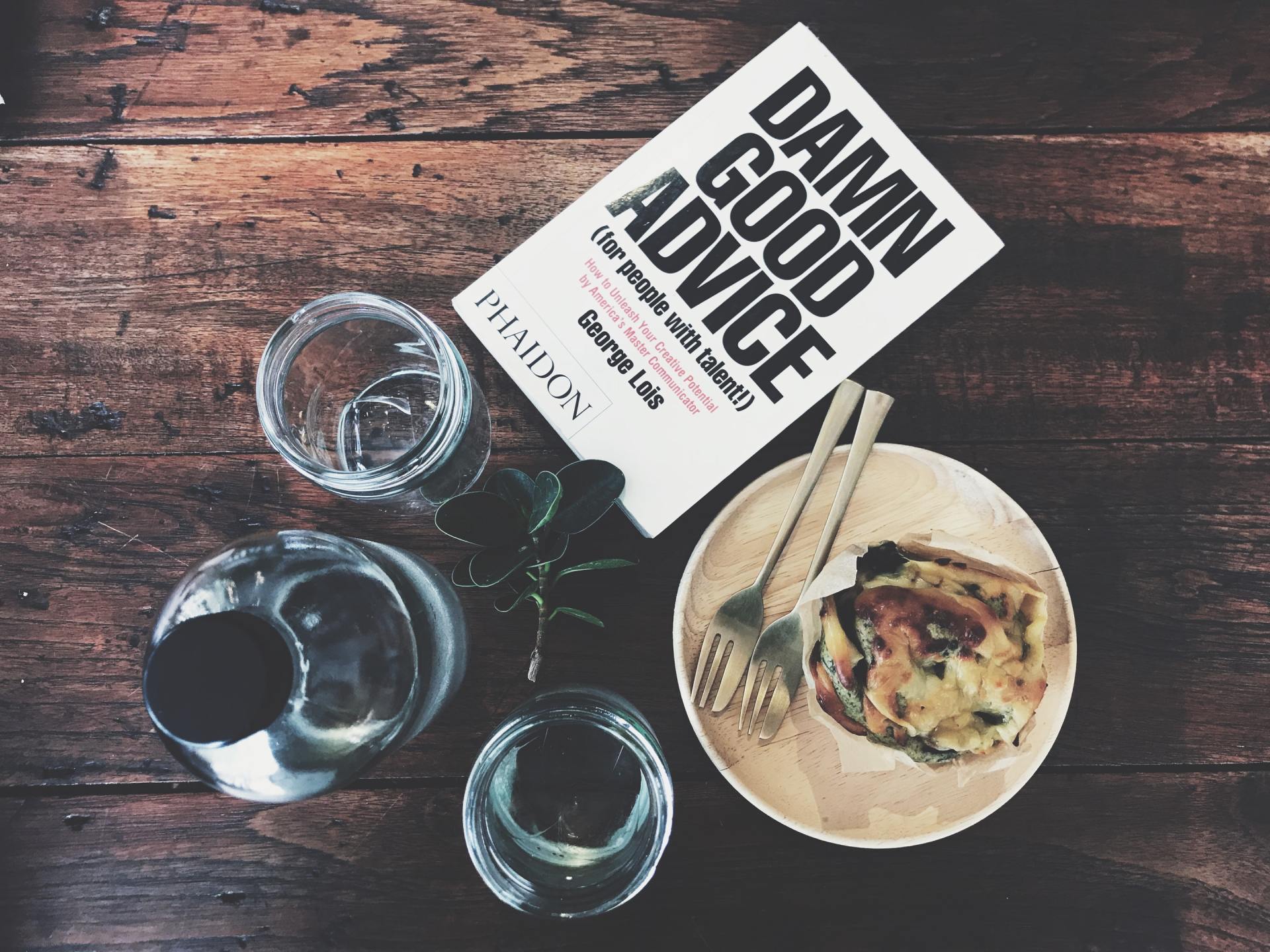5 Top Tips to get the best insurance policy
Simple and smart solutions to save wasting money
1. Is the cover Correct?
- There is no point having it if it does not cover you!
Strangely often overlooked, this is number one as it is by far the most important. Let's be honest, there is no point paying for an insurance policy if it is not going to cover you for what you need.
The following are some of the key things to check as they may affect you in unexpected ways come claim time.
- Under Insurance Clauses
- Definitions of Stock and Contents (this varies from insurer to insurer)
- Geographic Limitations
- Legal Jurisdictions
- Policy exclusions (make sure you check all sections of the policy)
- Words With Special Meanings
2. How is the Claim Service? - This is really what you pay for.
I can unequivocally say that some insurers are brilliant when it comes to claims and others... not so much. Where does your insurer stand on this? Does the claim manager have decision authority? Are they likely to appoint an external assessor? Do they have a "no pay culture" or do they do what they are there for?
Claims Service is ultimately what you pay for so make sure you have an insurer that understands this.
3. Is the price right?
Like most things, you get what you pay for so you need to understand that insurance policies from one insurer to another are different. Getting a multi policy discount can sound fantastic but remember the discount is only of that insurers price. We often see other insurers non-discounted price being substantially cheaper than the discounted policy given in a multi-policy discount.
On the flip side, many insurers only sell an extremely basic policy with strict conditions that may make paying a little more for a policy that offers broader coverage well worthwhile at claim time. Make sure it is right!
4. What are the qualifications of the person giving you advice?
- like any profession, it makes a difference.
In most cases when dealing direct with an insurance company, you get to speak to someone who has had maybe 2 weeks training in that insurers products only! They have no idea if their policy is appropriate for you and are unable to tell you if there is a better one out there.
You also need to understand where their legal obligations lie. If they work for an insurer or are an agent of one (this usually includes banks, car yards, and any office with the insurers name as the main one), they are legally obliged to work in the best interests of the insurer.
Brokers on the other hand are legally obliged to work in the best interest of their clients. They also need to undergo strict training in all areas of insurance before they are able to give any advice to a client.
It may seem a simple thing but it makes a huge difference when you need to claim.
5. Do you know who to talk to if you need to make changes?
- service matters
As I have said throughout this article, you pay for insurance to protect you when you have a claim. Having a claim is stressful and can be frustrating when you have to tell the same story to multiple people over and over.
Make life easy and find a professional that you trust. Then they will be your single point of contact for any changes and all claims. It's always easier knowing you can just let your adviser know what you need an know that it will be taken car of rather than spending hours on hold waiting on a call centre.
We'll give you a shot, please call us.
Trades
Retail
Professional
Other













